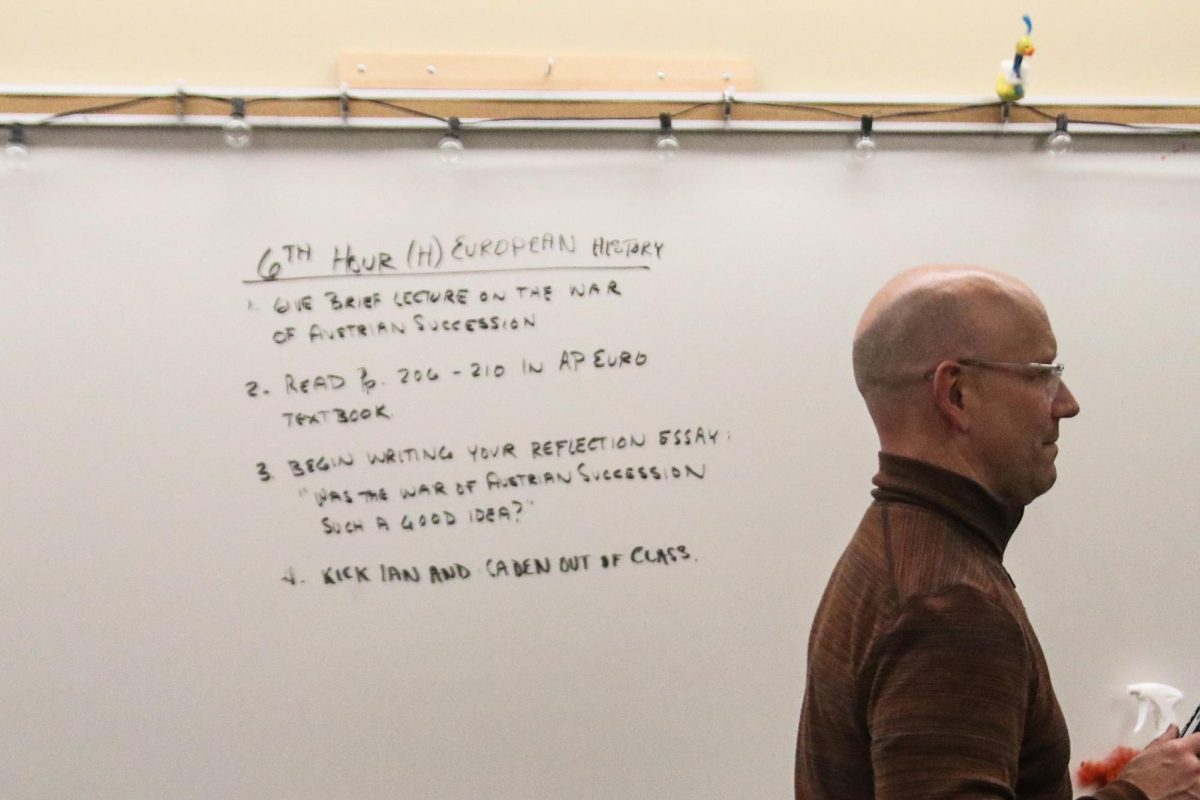The Middle East has been plagued with unrest and combat for as long as anyone to remember, but recently more and more instances of war and uprising have erupted. Egypt, Tunisia, and Libya are in transition periods, either directly following a revolution or in the middle of one. Oil has been a huge factor in Middle Eastern politics for a long time, but more recently the debate has centered on the role of Islam in government. Certain radicals want Islam to be the sole basis of government in the region, while others are in favor of a small infusion of Muslim law. Other discussions and protests have been sparked by domineering regimes. The people feel that they have been mistreated by their government.
The first domino of the crisis in the Middle East was Tunisia. In January, protesters rose up against their oppressive dictator, Zine el-Abidine Ben Ali. Despite being one of the most modern countries in North Africa, Tunisia has one of the most suppressive governments in the region. Its levels of corruption and dishonest, violent police action led the people of the region to rise up and topple the government. The Jasmine Revolution, as it has been called, began with waves of street protests, which culminated in the removal of Ben Ali, who had ruled the region for 23 years. According to government figures, 94 protesters were injured and 78 died during demonstrations. Now that the revolution has ended, Tunis are left looking for a new leader. The traditionally secular country now faces pressure to infuse Islam into their government. This parallels the debate in other parts of the Middle East. Radical Islamists push for a Muslim theocracy while moderates and non-Muslims are in favor of a secular government.
The next uprising occurred in Egypt. Inspired by the Tunisian rebels and spurred on by the Muslim Brotherhood, families took to the streets to oust Hosni Mubarak, the president of their country. Mubarak has a history of human rights abuses in his thirty-year reign. Under his control, Egypt maintained peace with Israel and a close relationship with America. All this while he rigged elections, squashed opposition parties, jailed critics, and drove the country’s economy into the ground. The conflict rose as armed supporters of Mubarak attacked protesters in Cairo’s Tahrir square. Demonstrators defended themselves and the violence ended after the Army made it clear that it would protect them. After 18 days of protests and loss of international and domestic support, Mubarak stepped down. Analysts from BBC say that the radical Islamist group, the Muslim Brotherhood will likely have a greater involvement in the government. This is uneasy to many people, who fear that Egypt will become similar to Iran, a state sponsor of terror.
Libya is the country that the United States has the most active interest in. American CIA agents are on the ground right now fighting with the rebels, aiming to drive out Muammar el-Qaddafi, the leader of the country. After rebels in Benghazi and the capital of Tripoli mobilized, Colonel Qaddafi reacted with a level of violence unseen in other uprisings. The rebels formed a makeshift army and fought back. But Qaddafi’s forces were too strong and just when it seemed that the rebels would be overrun, the West stepped in. The United States and allies authorized a no fly zone and have been aiming to avoid a bloody massacre. Since the beginning, America has tried to say that it only wishes to perform a supporting role in this war. Questions arise as to whether that will be an effective strategy in completing the mission and why America is assisting a movement with admitted ties to Al Qaeda. Despite the confusion, the bloodshed in that region has been limited since the UN stepped in.









